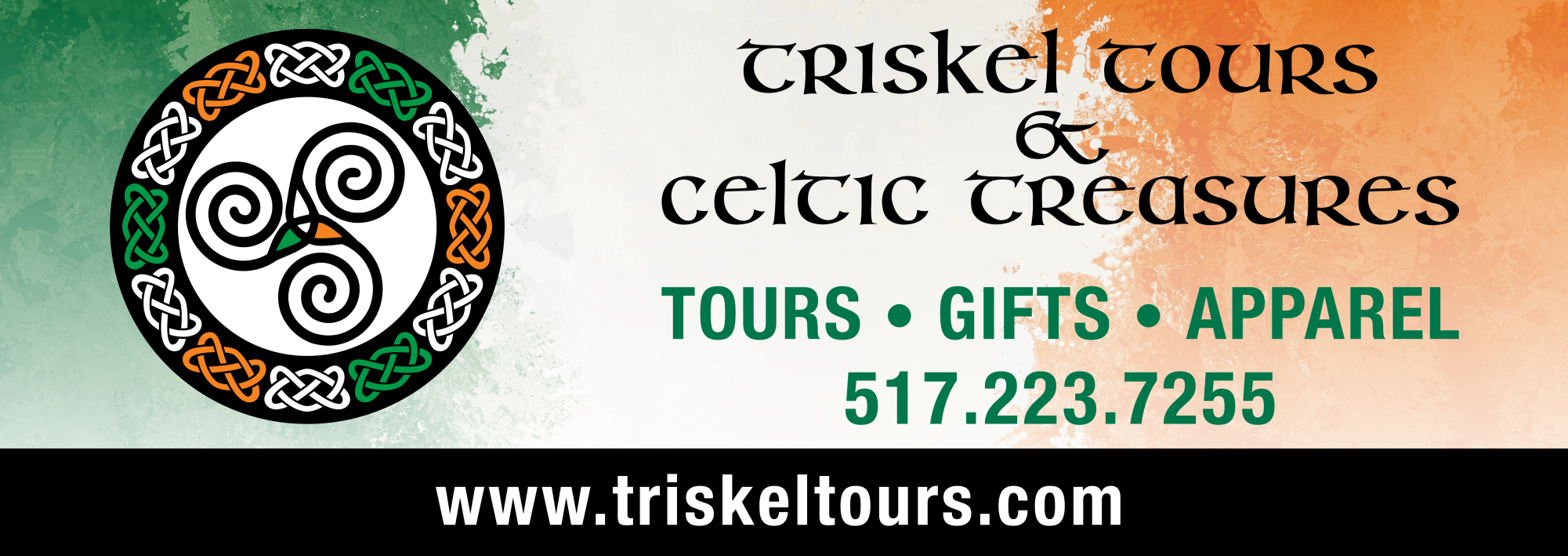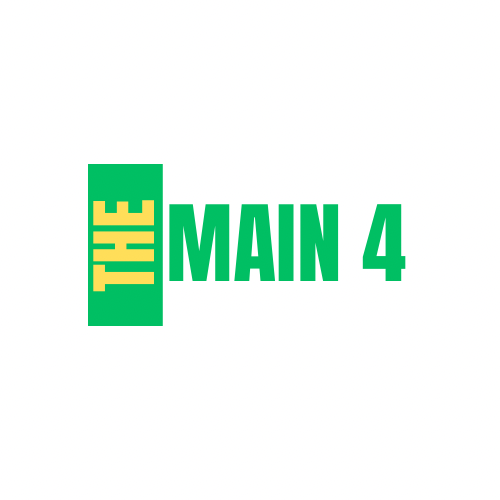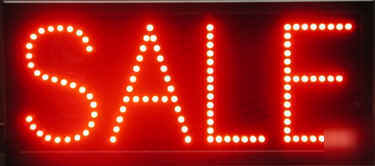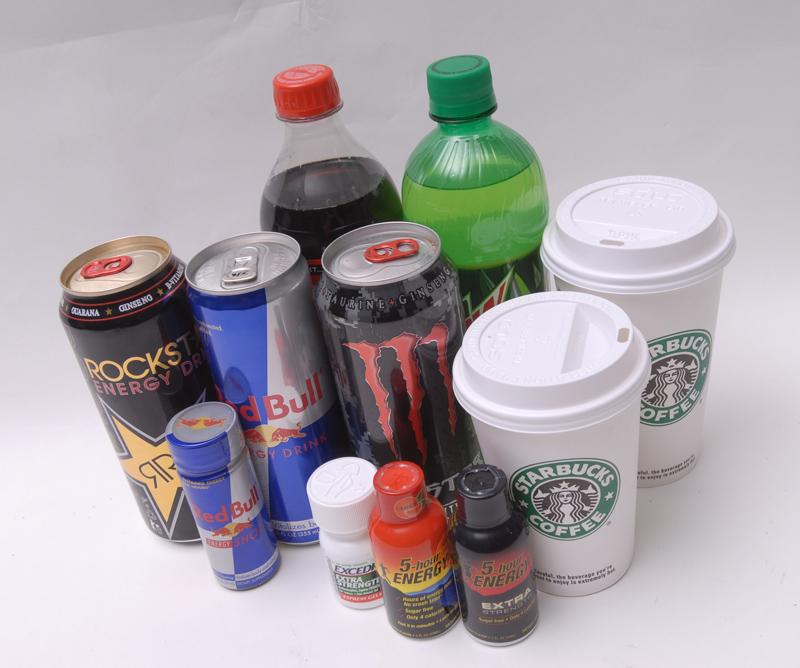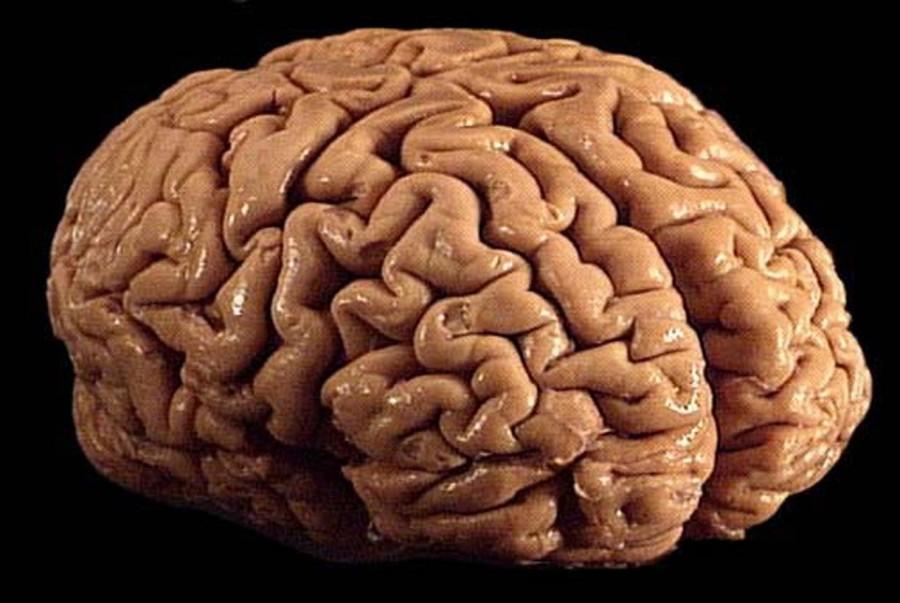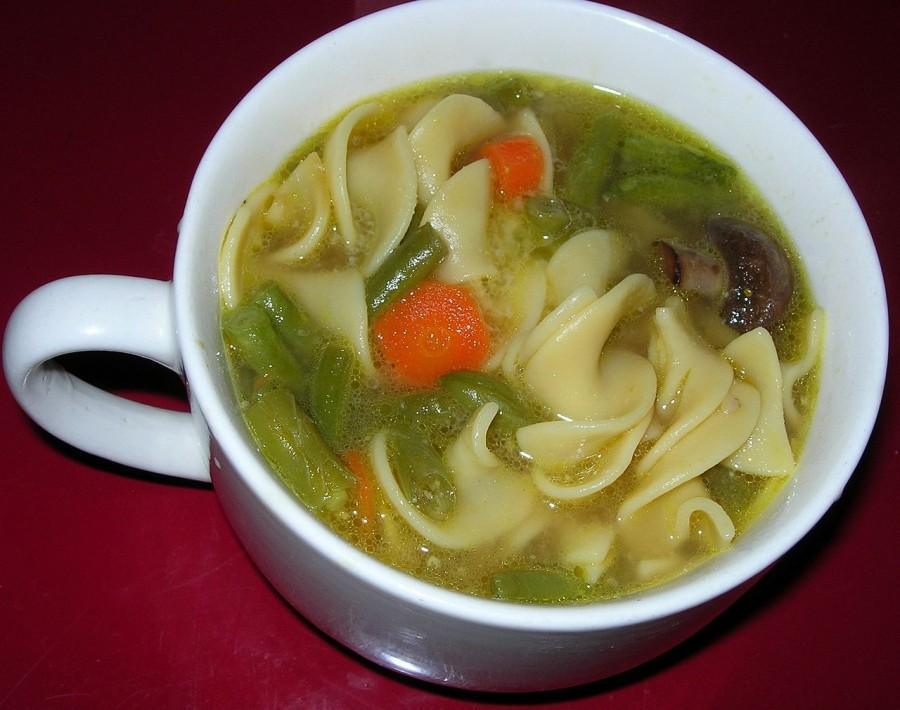By Staff Writer: Eliza Bengala
A headache, nausea, fatigue, and a never ending train of worries keep you occupied throughout the day. It’s the beginning of the fourth quarter at Howell High School, and with A.P. exams, scholarship due dates, and the last day of school quickly approaching, many HHS students are feeling the symptoms of stress.
Stress is defined as ‘a state of mental or emotional strain or tension resulting from adverse or very demanding circumstances.’ It’s common knowledge that stress isn’t good for you. According to the Mayo Clinic, people who suffer from chronic stress are at a higher risk for depression, heart disease, diabetes, sleep disorders, memory loss, digestive problems, and weight gain.
But what if I told you that stress, if channeled correctly, was actually good for you?
I will never forget the day that my A.P. Psychology teacher showed our class a TED (Technology, Entertainment, Design) Talk by Health Psychologist Kelly McGonigal. In the 15 minute video, she said that stress can be healthy and helpful for us if we have the correct reaction to it.
In Psychology, stress is known as a ‘fight or flight response,’ meaning that when we feel threatened our reaction will be to either run from the threat, or to fight and conquer whatever is bothering us.
Okay, I understand that not all of us are studying psychology right now, so here’s an example. In all of the excitement of mid-terms and term projects, I had forgotten to write an article for my journalism class. As anyone could imagine, I was stressed beyond belief. Not wanting to waste any time, I ‘wrote’ the article in my head while getting ready for school that morning, and forced myself to finish it during my second hour class so it could be turned in on time. Out of my extreme stress came the best article I have ever written. The article was featured on the Main Four’s weekly page in the Livingston Press and Argus newspaper for that week, and it even caught the eye of a state representative.
It’s the ‘fight’ response that makes stress healthy and helpful. The forgotten article was a stress in my life, and I had to chose to either run from it, meaning to ignore it and let it hang over my head forever, or to fight it, meaning that I would tackle it to the best of my ability. Not only did I finish the article which in turn eliminated my stress, but I had penned my best article yet.
In fact, according to a group of HHS juniors that I talked to, they feel more creative when they feel stressed out. All three of them said that they write better essays when feeling the time crunch than they do when they have a ‘no pressure’ feeling.
The stress that most people feel every day is anxiety filled and crippling, but the stress that the girls were feeling was a productive form of stress, called eustress. Instead of feeling weighed down, they felt empowered and ready to conquer the big task in front of them.
There are many ways to turn crippling stress into productive eustress. The biggest strategy is to change the way that you view your stress.
A lot of people preach different ways to eliminate stress from one’s life. But stress isn’t a bad thing. It’s not something that we as humans should jump to eliminate from our lives. If we view stress as a reminder of how much we care about whatever it is that we are doing, as our body’s way of preparing our minds for a challenging all-nighter, then stress can be helpful, even good for us.
Next time you feel panicked and start breathing heavily, don’t think of it as an upcoming panic attack, think of it as your body’s way of getting oxygen to needed organs and tissues. And, when you feel your heart pounding – that’s your body’s way of sending blood to the brain to prepare it for some heavy thinking. And the next time your stomach churns with anxiety over the thought of a huge test or project – that’s you staying cautious, alert, and really caring about what you are about to do.
As Kelly McGonigal said in her talk, “One thing we know certainly that chasing meaning is better for your health than trying to avoid discomfort. And so I would say that the best way to make decisions is to go after what it is that creates meaning in your life, and then trust yourself to handle the stress that follows.”
